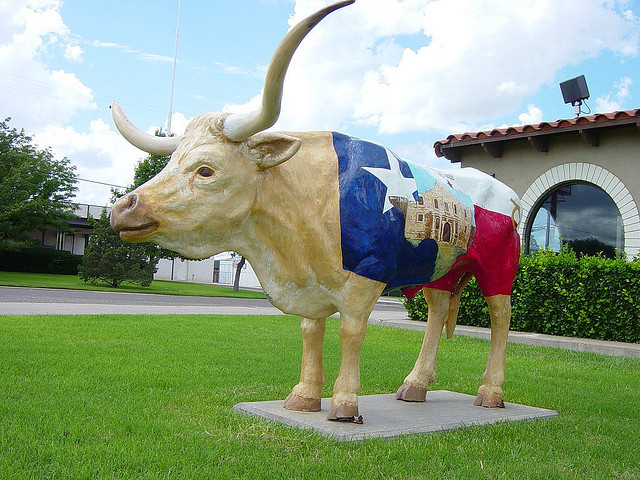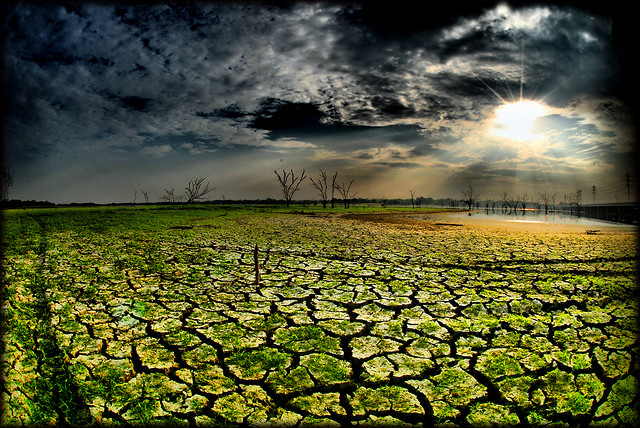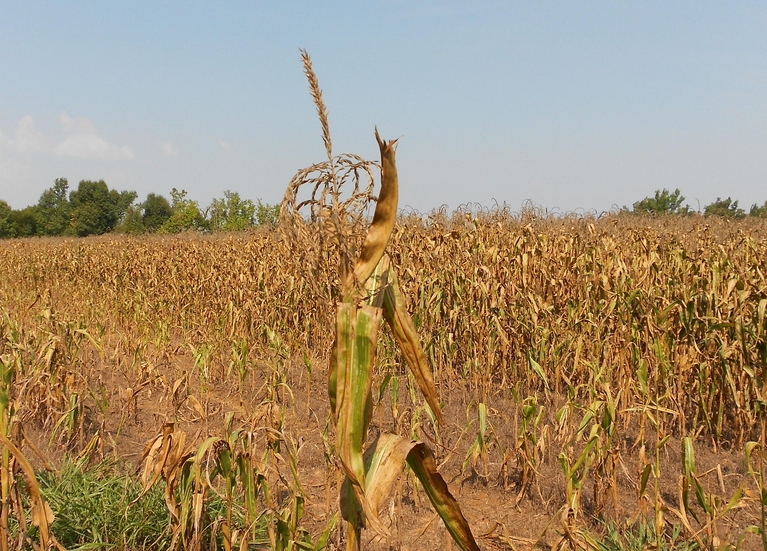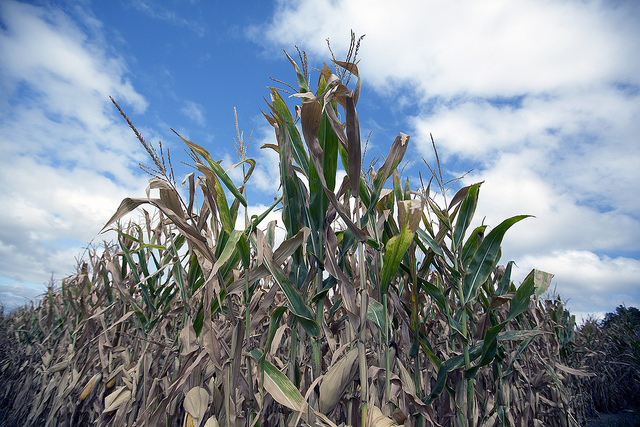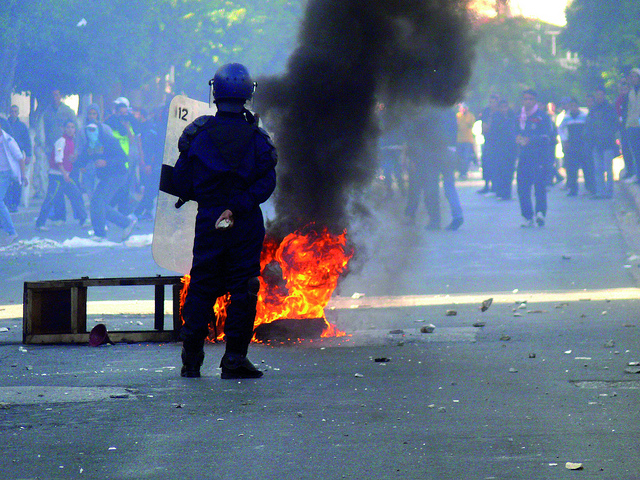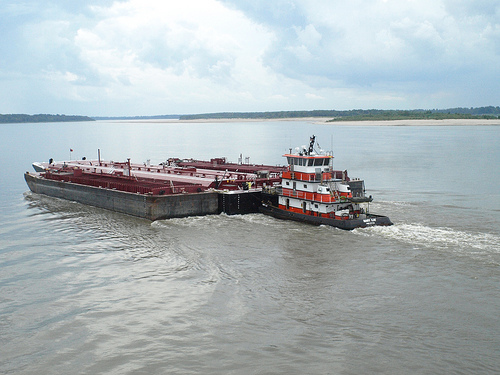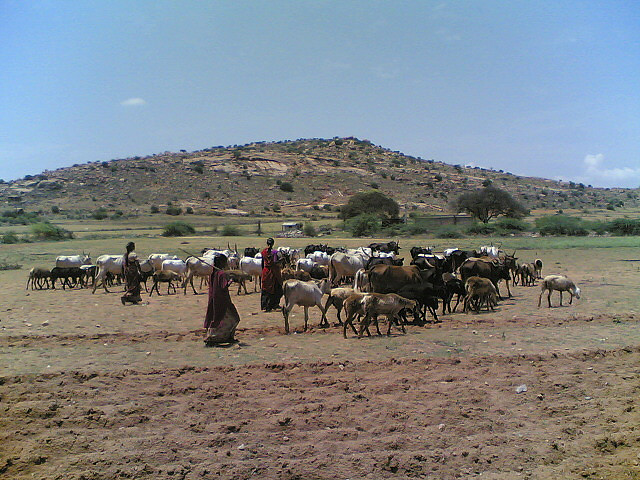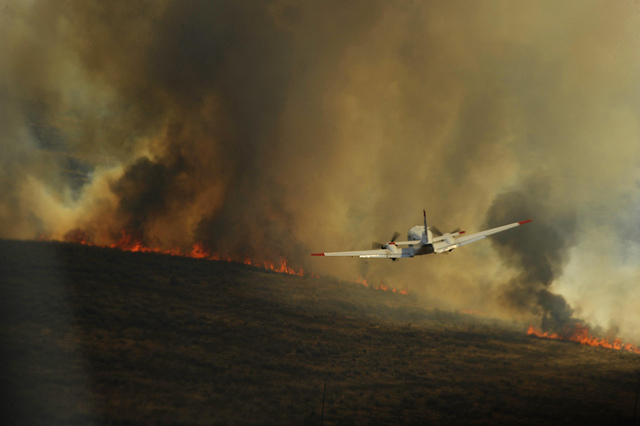Podcast: Play in new window | Download
Subscribe: RSS
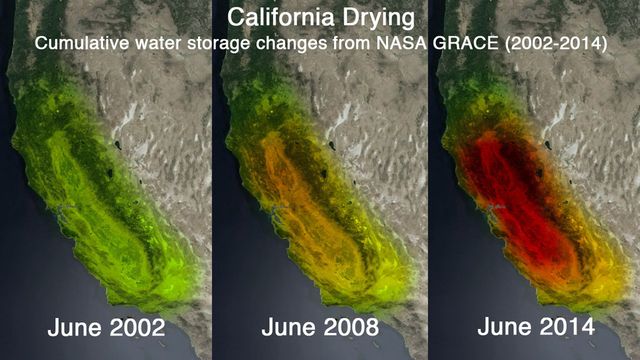
Gravity sensing satellites have measured the withdrawal of water from the aquifer underlying California’s Central Valley. It’s almost over. (NASA images)
In more than 500 households in Tulare County, California, over a thousand people have been without running water for months. The reason you have not heard much about them is that they are poor working immigrants who labor in the Central Valley’s pastures of plenty to give us this day our daily lettuce and cilantro. They are homeowners whose homes are now worthless, dreamers of the American Dream who are now forced to buy bottled water to drink, to shower from coffee cans and flush with buckets filled at community tanks (with water from wells in imminent danger of going dry). Children are being kept home from school because they are too dirty. Proud cooks are feeding their families from cans. One resident told the New York Times (in a rare example of industrial media paying attention) “It’s a slow-moving disaster that nobody knows how to handle.” Continue reading
